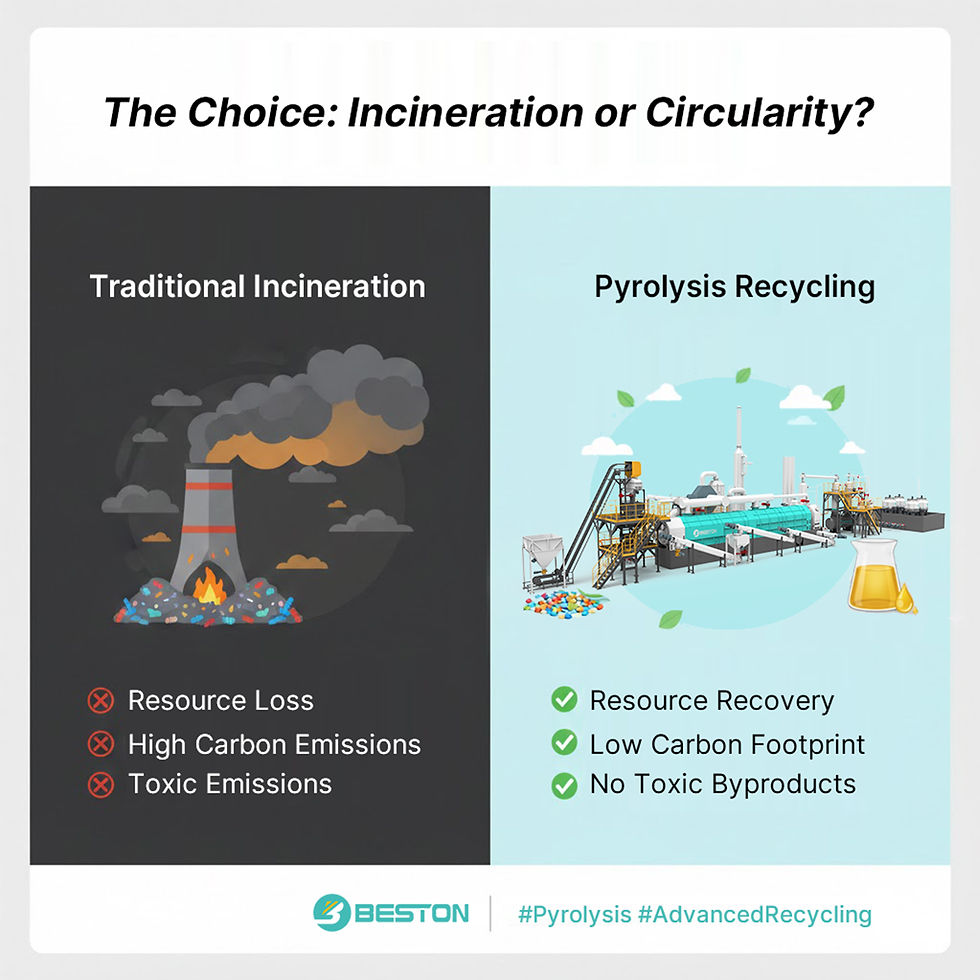Rice Husk Charcoal: A Sustainable Alternative to Coal
- lee784287
- 2024年6月19日
- 讀畢需時 2 分鐘
Coal has been a dominant fuel source for centuries, but its environmental impact is undeniable. As we strive for cleaner energy solutions, rice husk charcoal emerges as a promising and sustainable alternative.
Rice husk, the hard outer shell of rice grains, is a byproduct of rice production. Millions of tons are generated annually, often considered agricultural waste. But what if we could transform this waste into a valuable resource?

Rice husk charcoal is produced by carbonizing rice husk under controlled conditions (rice hull carbonizer). This process creates a clean-burning fuel with several advantages over coal:
Renewable Source: Rice is a continuously cultivated crop, ensuring a steady supply of husk for charcoal production.
Reduced Waste: Rice husk charcoal production diverts millions of tons of agricultural waste from landfills, promoting a more circular economy.
Lower Emissions: Rice husk charcoal burns cleaner than coal, releasing fewer harmful pollutants and greenhouse gasses. Studies suggest carbon neutrality as the carbon released during combustion is reabsorbed by growing rice plants.
High Efficiency: Rice husk charcoal boasts a good calorific value, meaning it burns efficiently and generates significant heat.
Rice husk charcoal can be used in various applications:
Cooking Fuel: A welcome replacement for firewood or coal in traditional cooking stoves and grills.
Industrial Applications: Provides heat and steam generation for industrial processes.
Bio-briquettes: Rice husk charcoal can be compressed into briquettes, improving burning properties and ease of use.
While rice husk charcoal offers a sustainable alternative, there are still challenges to overcome. Developing efficient and affordable carbonization technologies and raising awareness of this fuel source are crucial for wider adoption.
Overall, rice husk charcoal presents a game-changer in the fight for clean energy. It offers a sustainable solution for waste management, reduces dependence on fossil fuels, and promotes a cleaner environment. By harnessing the power of this innovative fuel source, we can create a more sustainable future for generations to come.



留言